For the last five years I’ve read a minimum of 100 books each lap around the sun. Here’s a quick rundown of my most rated, most hated, most celebrated and most complicated from the first half of 2015.
Have you ever wished that a renowned author would tackle Arthurian legend in the form of an insufferably dull quasi-fable that employs scenes where two knights spend multiple pages discussing sword etiquette? Me neither, which is probably why I hated this so much.
I adored Ishiguro’s Never Let Me Go (even if the movie was a huge disappointment) and I have a huge amount of respect for authors who aren’t afraid to switch up styles and genres. However, this book is terrible.
The central themes of love and memory and revenge are all great starting places, but it reads like a cast of senile army vets trying to remember where they left their keys. Also, one of the main characters, Axl, refers to his wife as ‘princess’ after every goddamn sentence, which is just as annoying as it sounds, princess. See, it’s annoying after even one sentence, isn’t it princess? Let alone two, or even three, am I right princess? Princess, why are you unsheathing a broadsword princess? Did you want to spend several hours discussing sword etiquette princess?
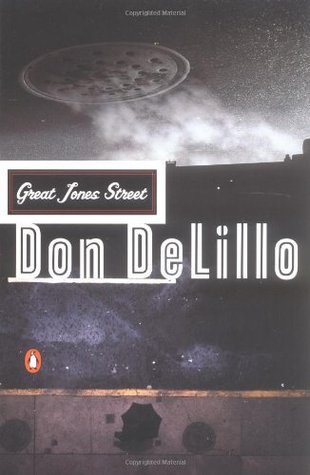 I remember when I read DeLillo’s Underground some years ago, it was one of those books that makes you want to give up writing forever because you know you’ll never be that good whilst simultaneously wanting to pour your heart and soul into just attempting to capture a sliver of that genius. In any case, this is one of DeLillo’s ‘lesser’ works, which means it’s a million times better than most people’s greatest novels. The premise is weird; a rockstar named Bucky Wunderlick – who is a vaguely Cobain/Morrison style cult leader of the world’s most popular rock band retires mid-tour and resolves to sit around and do nothing. Obviously this sounds this the worst premise ever imagined, but because this is DeLillo we’re talking about he scribes an incredible study of excess, madness, isolation, a study of the human condition etc. It’s weird and it’s beautiful and now I have to go back and read everything he’s ever written.
I remember when I read DeLillo’s Underground some years ago, it was one of those books that makes you want to give up writing forever because you know you’ll never be that good whilst simultaneously wanting to pour your heart and soul into just attempting to capture a sliver of that genius. In any case, this is one of DeLillo’s ‘lesser’ works, which means it’s a million times better than most people’s greatest novels. The premise is weird; a rockstar named Bucky Wunderlick – who is a vaguely Cobain/Morrison style cult leader of the world’s most popular rock band retires mid-tour and resolves to sit around and do nothing. Obviously this sounds this the worst premise ever imagined, but because this is DeLillo we’re talking about he scribes an incredible study of excess, madness, isolation, a study of the human condition etc. It’s weird and it’s beautiful and now I have to go back and read everything he’s ever written.
A beguilingly beautiful collection of the personal and the political. Words that weave like limbs on trees. Simultaneously melancholy and uplifting. Make sure you grab at the opportunity to see her perform if she’s ever in the same corner of the world as you.
I just started writing the first volume of the YA sci-fi trilogy I’m working on (Jennifer Cellardoor, it’ll be in stores…whenever I get it finished) which means I’ve been reading all kinds of stuff in the same ballpark. I was interested in this because it was billed as ‘literary YA science fiction’ which is one of those literary terms that makes no sense at all, much like ‘indie’ in the music realm. In any case; the plot has a comet rapidly approaching earth with a 66% per cent chance of catastrophic impact. Everyone goes crazy, anarchy ensues and we watch it through the eyes of five teenage protagonists. To be honest I found the character development quite shallow and I’m still not sure about the ending, but it was entertaining enough. The author does get massive points for also recording a companion album though, nice skills.
Reading this novel felt like trying to run through molasses whilst having dictionaries thrown at my head. It is reads like literary math rock; appallingly weighty prose coupled with sentences constructed in much the same way as the Winchester Mystery house. I assume there was some kind of plot in much the same way that I assume Greenland has cafes, although I am unable to provide personal evidence of either.
By way of demonstration, here is an honest to god authentic actual excerpt:
So this is how it works, I said to myself, as if I’d caught an ideological mechanism in flagrante delicto: you let a young man committed to anticapitalist struggle shower in the overpriced apartment that you rent and, while making a meal you prepare to eat in common, your thoughts lead you inexorably to the desire to reproduce your own genetic material within some version of a bourgeois household, that almost caricatural transvaluation of values lubricated by wine and song.
If you got to the end of that sentence without screaming at your screen, congratulations and also could you please tell me what is it like being a Zen master?
I read this after hearing a hilarious an insightful interview where Sacks described using hallucinogens as an inspirational tool as employing a ‘chemical launchpad’. In this book he explores the nature of hallucinations – drug-induced and otherwise – in his famously entertaining and engaging prose. I’m still haunted by the stories of musicians who lose a portion of their sight and then start hallucinating sheet music in that section of their vision.
Over the last couple of months I’ve read dozens of books targeted at teenagers; some good, some bad, some that actually seemed like they shouldn’t so much be sold in bookstores as preserved in museums as examples of the appalling literary atrocities committed in the early 21st century. What makes Feed stand out is that Anderson treats his audience with respect rather than thinking of them as a ‘target market’. He uses actual swear words rather than having characters say ‘and then I swore at her’, and he tackles difficult and complex philosophical questions using inventive and believable slang. If you’re one of the many people who is worried about how a constantly connected digital world is affecting our human interactions, I urge you to check this out.
One of my favourite things to ask someone I’ve just met is: “What’s your all time favourite book?” If they reply “I don’t really read” then I know they probably aren’t worth talking to and they must hate life and spend their weekends punching puppies. If they answer anything else then I have a new book to check out. This one was recommended to me by director Nathan Sibthorpe, and I’m incredibly grateful for the tipoff. These forty vignettes describe various imaginings of potential afterlives, and they are all impossibly beautiful and captivating. In style and concept it also reminds me of one of my all time favourite books Einstein’s Dreams. An absolute wonder of a book.
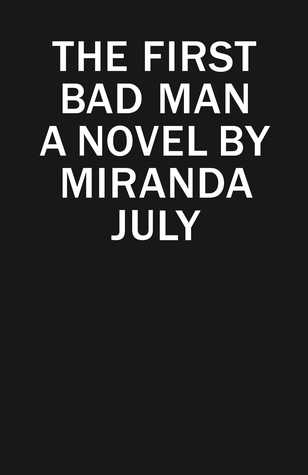 In my experience, if you ask someone “What do you think of Miranda July?” they’re either going to say “Who the hell is that?” or “OH MY GOD are you kidding me she’s the best and most amazing and I want to have ice cream and cake with her and can we please spend three hours talking about everything she’s ever done? Okay great I’ll start…”
In my experience, if you ask someone “What do you think of Miranda July?” they’re either going to say “Who the hell is that?” or “OH MY GOD are you kidding me she’s the best and most amazing and I want to have ice cream and cake with her and can we please spend three hours talking about everything she’s ever done? Okay great I’ll start…”
I would definitely place myself in the latter category. This is a strange, beguiling and wonderful novel that draws you in and wraps you up and spits you out a slightly better person. The plot (such as it is) explores the relationship between a shy, confused introvert and a young girl named Clee. What makes this novel such a joy is they way the July unmasks the wonder, anxiety and beauty of the everyday.
If you can’t relate to this novel, you are probably some kind of sentient killer machine and if so hello how are you please don’t kill me.
PS If you feel like reading/reviewing my latest novel, Killing Adonis, I would be very grateful. Unless you hate it, in which case SHUT UP!
xoxo
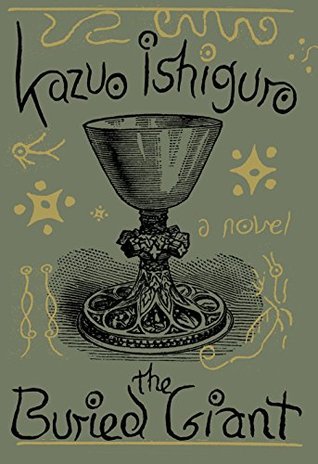
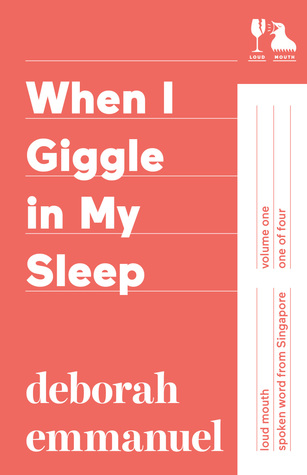
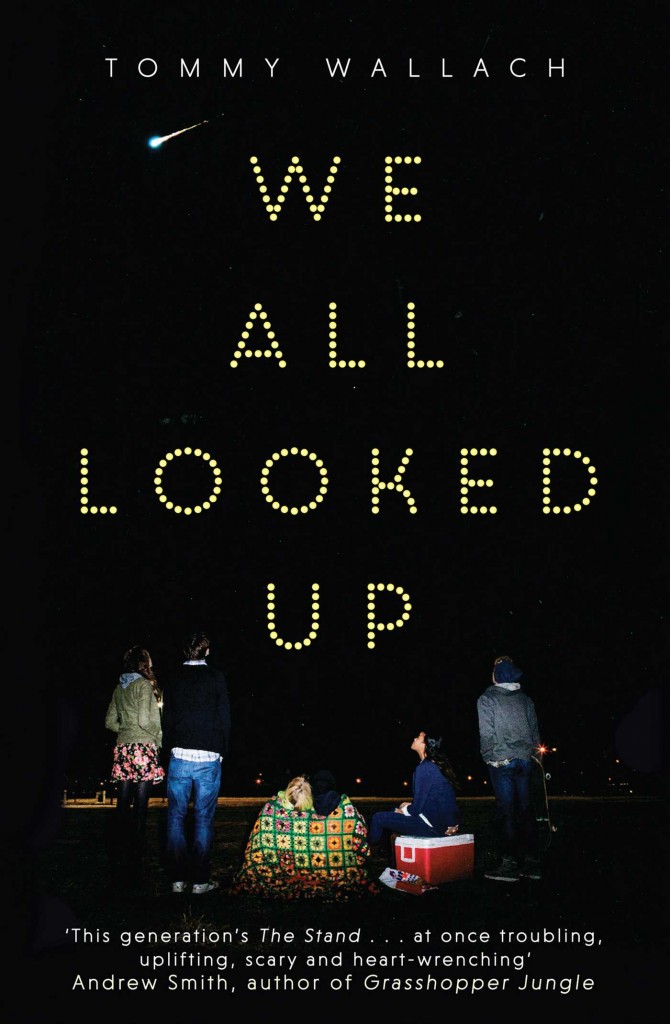
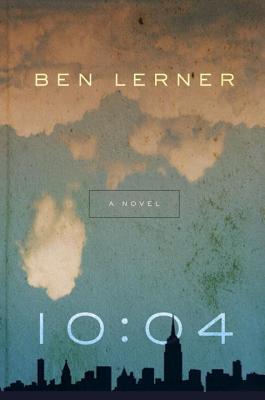
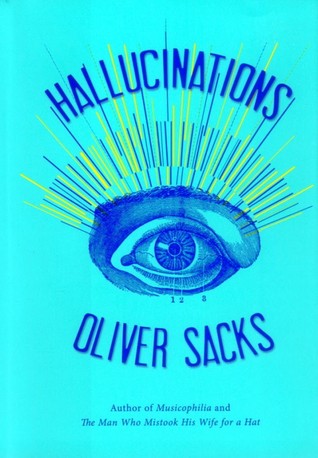
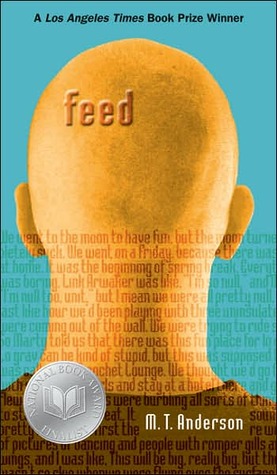
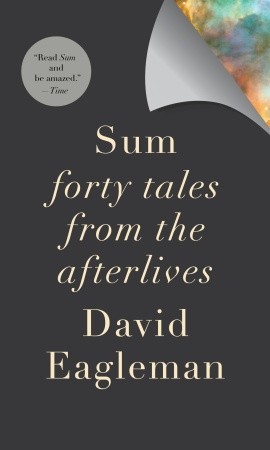
Comments
3 responses to “100 books a year”
nice information, thanks 🙂
is all of that 100 books you read until finished?
I think I counted a couple I didn’t finish. These days I mostly get by on recommendations of people and publications I trust, so I only have the odd book I discard. This year I’ve set the target to 160, but to be honest I think that’s a bit high and I’m not sure if I’ll make it. Quick article with useful tips, if you’re interested: https://observer.com/2016/01/how-to-read-100-books-a-year/